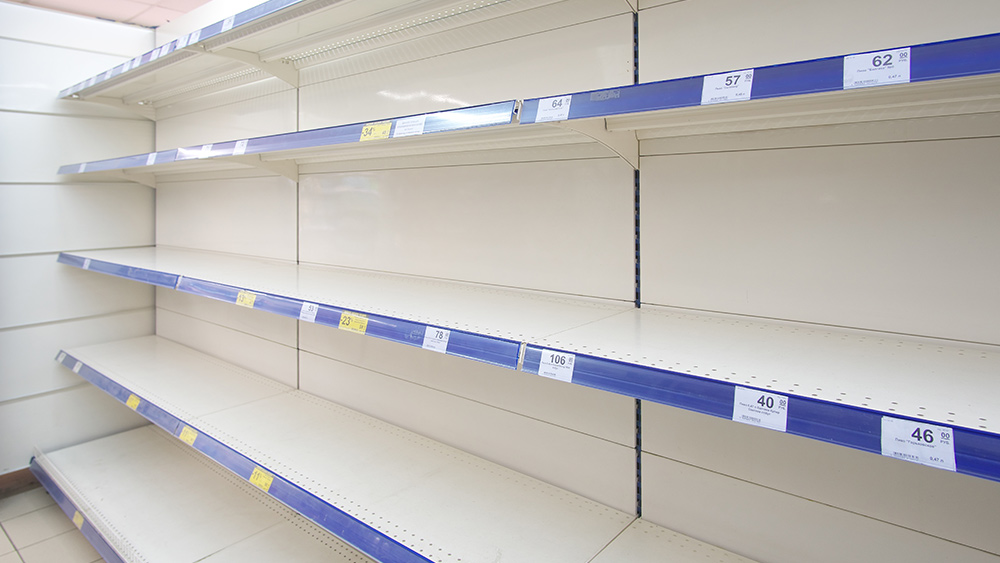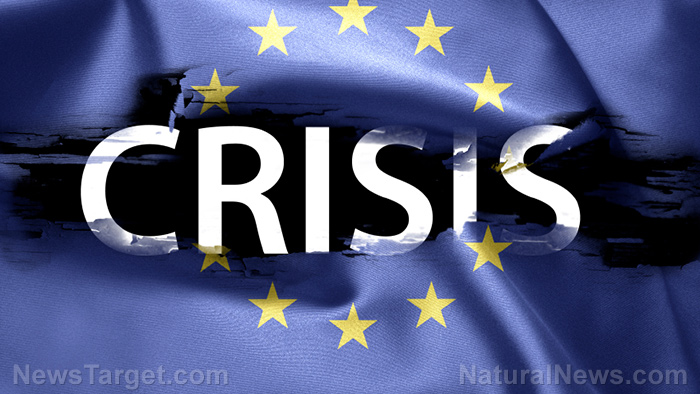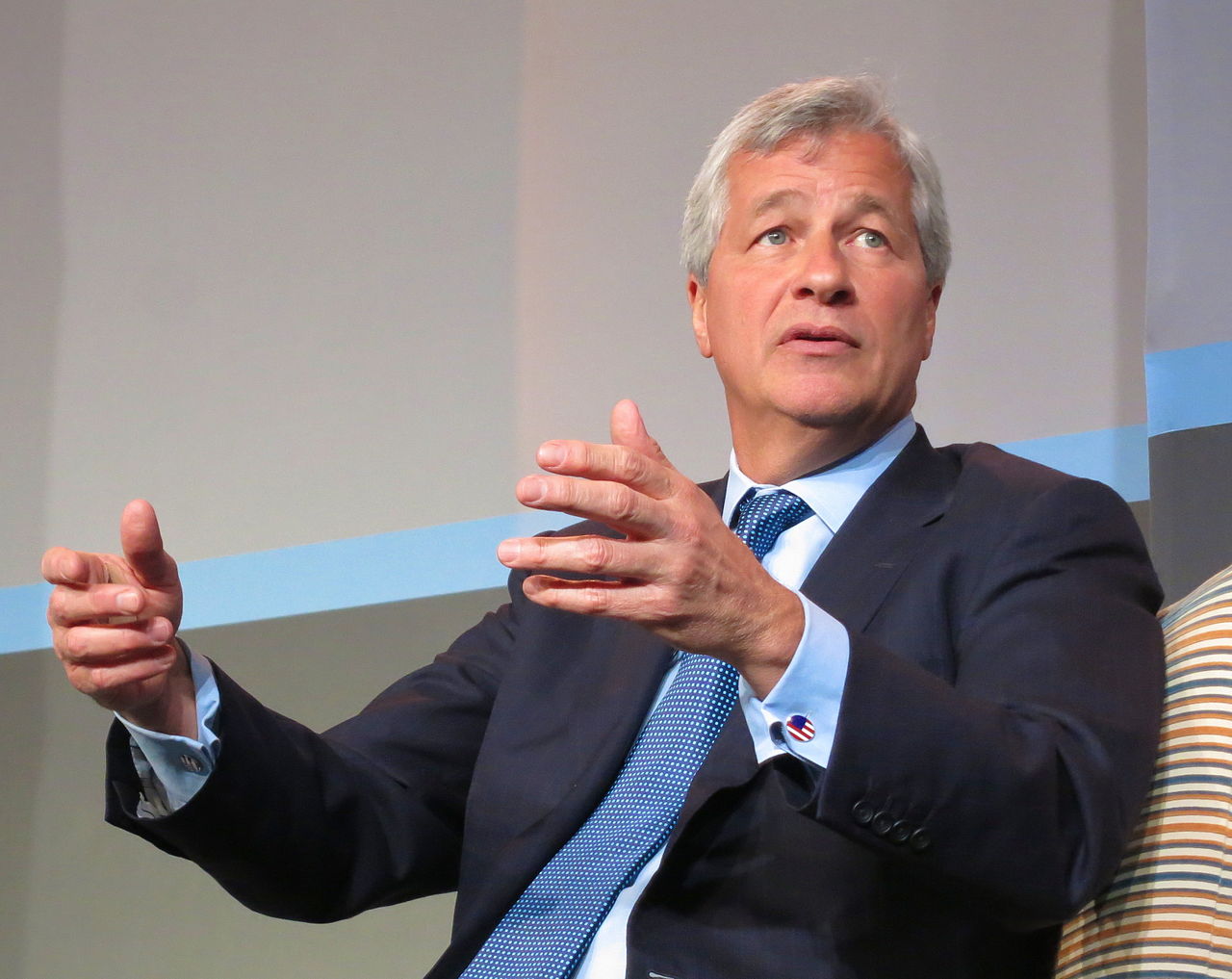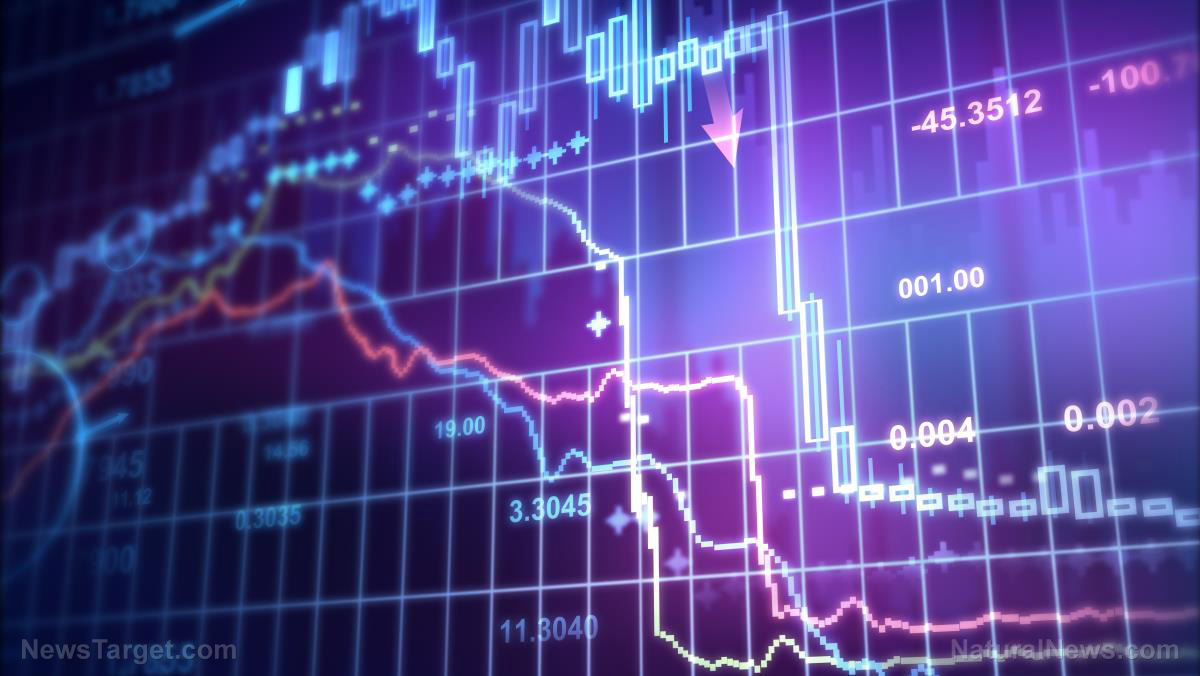Russia responds to another round of EU sanctions by restricting exports of noble gases like neon, which is essential for making computer chips
06/07/2022 / By Mary Villareal
Russia’s Ministry of Trade and Industry has announced that the country will limit until the end of 2022 the exports of noble gases such as neon, which is an essential element in making computer chips.
The move is expected to worsen the ongoing supply crunch in the global chip market. Ukraine was also one of the world’s largest suppliers of noble gases until it suspended production at its plants in Mariupol and Odesa in March.
Exports of noble gases, which Russia used to supply to Japan and other countries, will only be allowed with special state permission until December 31, according to the Russian government.
This restriction on the supply of noble gases is a response to the fifth round of sanctions imposed by the European Union in April.
A government decree stated that the export of noble gases and others will be subject to Moscow’s approval, based on the recommendation of the Industry and Trade Ministry.
This move will provide an opportunity to “rearrange those chains that have now been broken and build new ones,” said Deputy Trade Minister Vasily Shpak.
“About 4,000 various materials and chemicals are used to produce semiconductors, speaking about the process. However, there are basic things present with actually all the producers in the process – in particular, these are high-purity gases, especially neon.” (Related: Jaguar Land Rover temporarily shuts down two factories in the UK due to semiconductor chip shortage.)
Russia accounts for 30 percent of the global supply of three noble gases – neon, krypton and xenon, according to the ministry’s estimate.
Shpak said that Russia is planning on increasing its production capacity of noble gases in the near future. The Russians believe that they will have an opportunity to be heard in the global chain and be given a competitive advantage to build mutually beneficial negotiations with their colleagues.
Restrictions could exacerbate ongoing chip supply shortage
A China Securities research report showed that the restrictions could exacerbate the supply shortage of chips in the global market and further increase prices. The impact of the ongoing Russia-Ukraine war on the semiconductor supply chain is now growing with the upstream raw material segment bearing the brunt.
China, being the world’s largest chip consumer, is highly dependent on imported chips, and the restriction may affect the country’s domestic semiconductor manufacturing.
Xiang Ligang, the director-general of the Beijing-based Information Consumption Alliance, said that China imported around $300 billion worth of chips in 2021, and used this for producing cars, smartphones, computers, televisions and other smart devices.
The China Securities report said that neon, helium and other noble gases are indispensable raw materials for semiconductor manufacturing. Neon, for example, plays a vital role in the refinement and stability of the engraved circuit and chip-making process.
Ukrainian suppliers Ingas and Cryoin, which supply around 50 percent of the world’s neon gas for semiconductor uses, stopped their production due to the ongoing war, and the price of neon and xenon has kept going up since. (Related: The photocatalytic activity of two semiconductors can tap visible light to “split water and produce hydrogen,” reveals study.)
The impact of this on Chinese enterprises and industries will depend on the detailed implementation process of specific chips, according to Xiang. Sectors that highly rely on imported chips may also be affected more significantly, whereas the impact will be less noticeable on industries adopting chips that Chinese companies can produce.
Meanwhile, Taiwan, which is the world’s leading producer of chips, imposed its own curbs on exports to Russia after Moscow sent thousands of troops to Ukraine in February.
It is becoming clearer that sanctions against Russia are backfiring on Western economies and the country is now striking back with dire consequences for people and businesses in Europe, who are also suffering under the sanctions imposed by their governments.
Calculations based on numbers from market research firm Techcet, Ingas and Cryoin produce 45 percent to 54 percent of the world’s semiconductor-grade neon, which is necessary for lasers to create chips. The companies shut down operations as troops expanded attacks on cities across Ukraine, killing civilians and destroying critical infrastructure.
This cast a veil over global chip production, which was already limited due to the pandemic.
Follow WWIII.news for more news about the economic implications of the war in Ukraine.
Watch the video below to know more about the strain on semiconductor chips following Russia’s restrictions on noble gas exports.
This video is from The Dilemma Show channel on Brighteon.com.
More related stories:
Computer chip crisis getting worse as manufacturing slows and wait times increase amid insane demand.
Sources include:
Submit a correction >>
Tagged Under:
big government, chaos, Collapse, computer chips, crisis, global chip market, market crash, neon, noble gas, products, rationing, restrictions, Russia, Russia-Ukraine war, Russian exports, sanctions, scarcity, semiconductors, supply chain, Ukraine, World War III
This article may contain statements that reflect the opinion of the author
RECENT NEWS & ARTICLES
COPYRIGHT © 2018 PANIC.NEWS
All content posted on this site is protected under Free Speech. Panic.news is not responsible for content written by contributing authors. The information on this site is provided for educational and entertainment purposes only. It is not intended as a substitute for professional advice of any kind. Panic.news assumes no responsibility for the use or misuse of this material. All trademarks, registered trademarks and service marks mentioned on this site are the property of their respective owners.



















